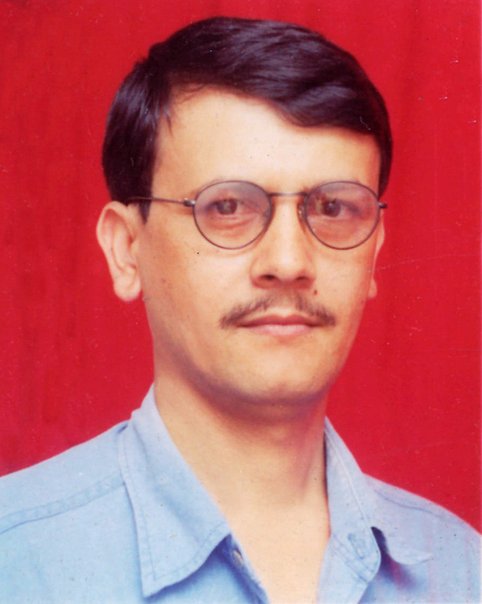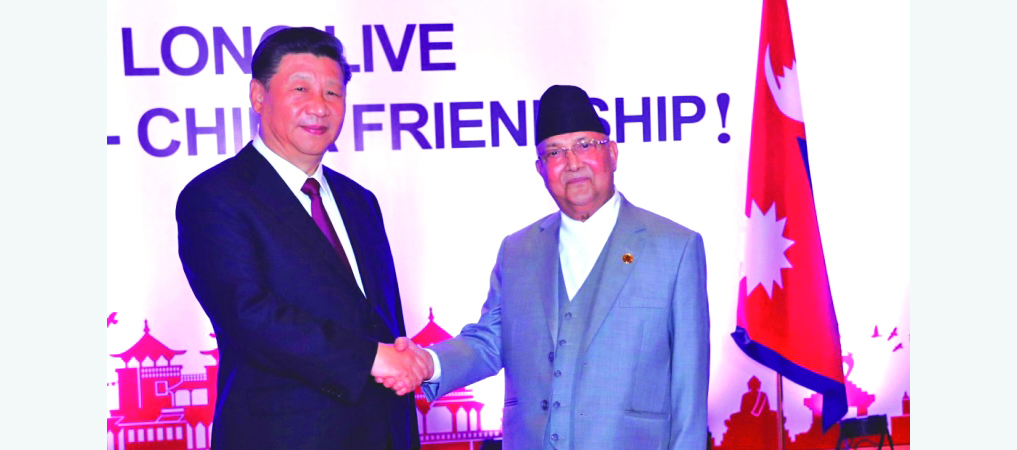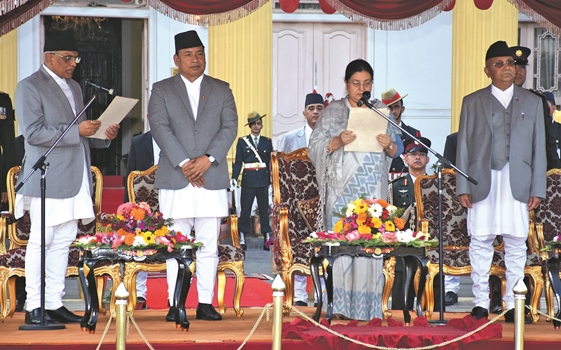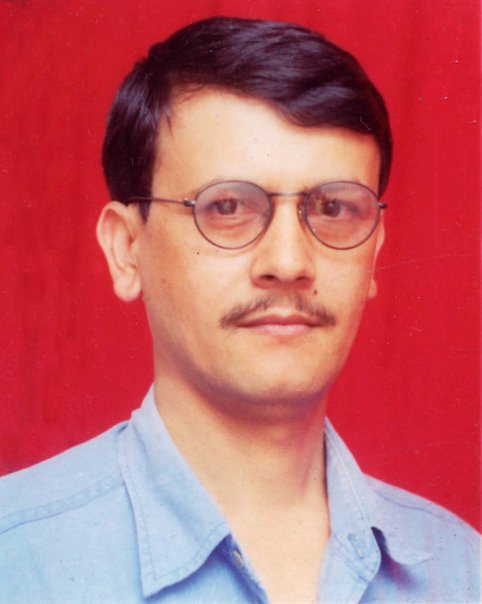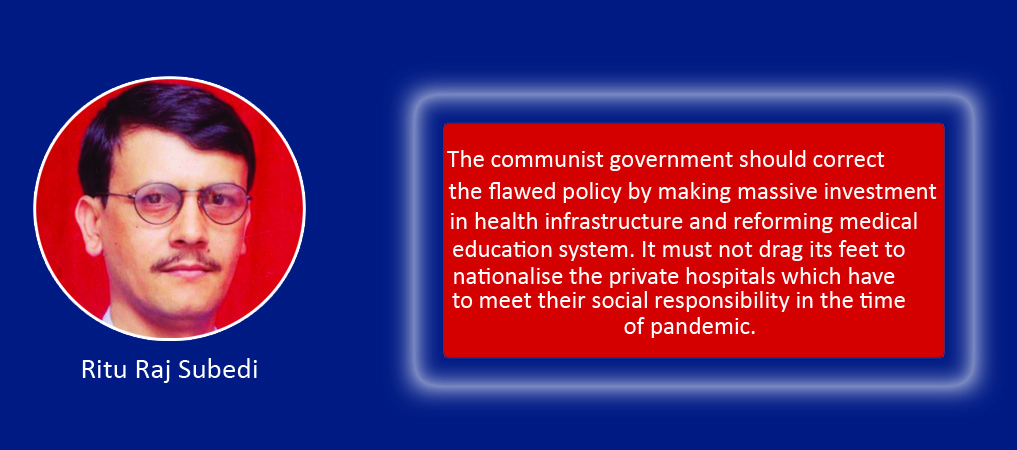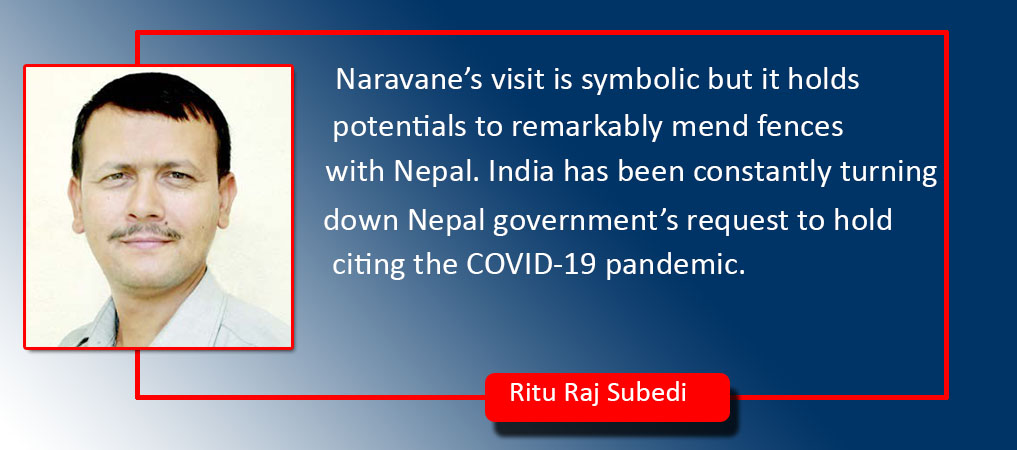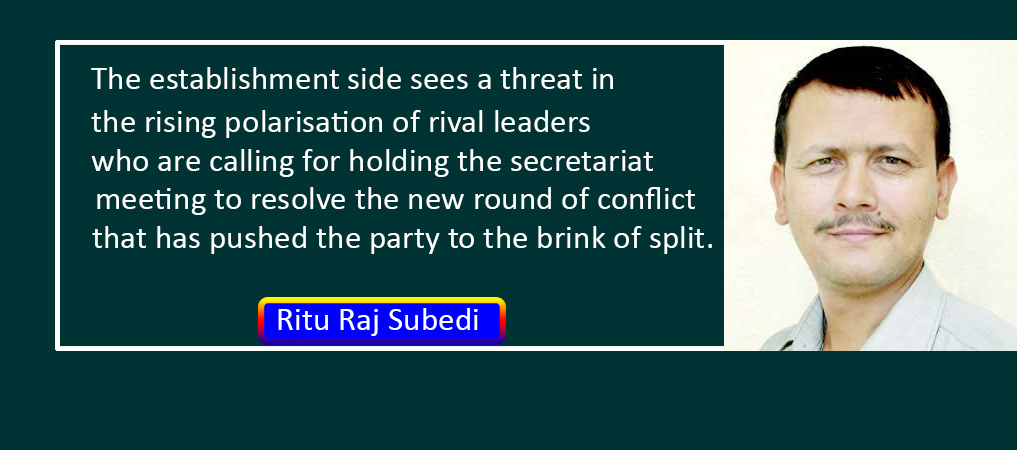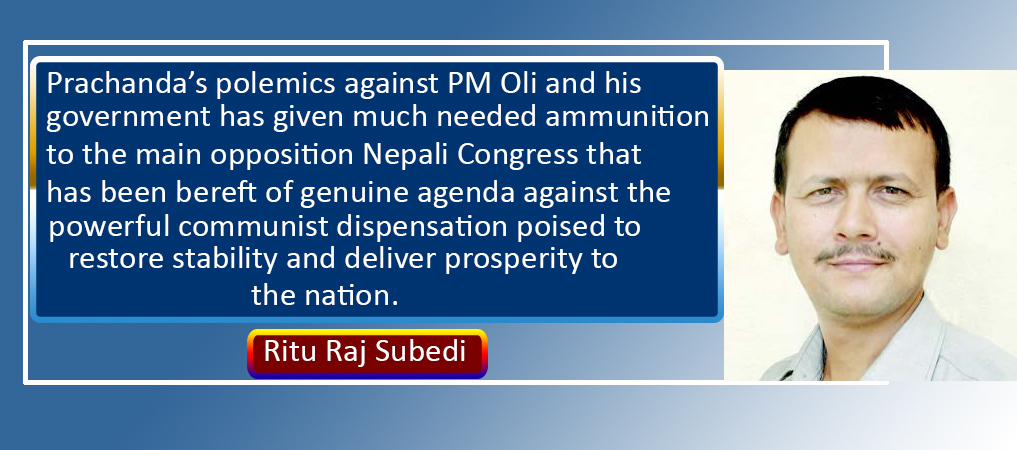UML 10th Convention Consensus Bid Comes A Cropper

Ritu Raj Subedi
The recently concluded 10th national congress of the CPN-UML has drawn wider media attention, not because of KP Sharma Oli’s re-election as chairman but owing to the audacity of a few leaders who challenged his attempt to impose consensus on the delegates to pick the new leadership. No democratic party seeks a total consensus in its national congress for it shrinks the democratic space of foot soldiers at its crucial juncture. It is only in an authoritarian party whose leadership wants to employ it to handle the party with an iron-fist. Democracy is a bottom-up process. When the top-down 'consensus' is foisted on the cadres, it violates their sovereign rights to choose leadership and shape the party ideology and organisational structures.
The UML’s guiding principle, People’s Multiparty Democracy (PMD), aims to attain superiority through a healthy competition in and outside the party. With the embrace of PMD, its propounder late Madan Bhandari was able to check the deleterious effects of the fall of former Soviet Union on Nepali communist movement in the early 1990s. Robust inner-party democracy and participation of the grassroots workers in policy and ideological debates constitute cardinal features of PMD that did not only strengthen the UML’s organisation but also catapulted it to the centre of national politics over the years.
Dissenting voice
The UML has been claiming that its democratic credentials are better than that of other parties. While in minority, Oli had vociferously called for ensuring inner-party democracy and played his role in implementing multi-post system from its 7th convention. But, with his dramatic rise from the party’s 9th convention, democratic consultation and committee system took a back seat. His critics claim that soft authoritarianism gradually crept into the party’s life under his leadership. Come 10th convention, the UML’s cadres were bereft of vigorous democratic exercises, thanks to the move to silence the dissenting voices and homogenise the ideas and structures within the party.
The political parties of all hues follow democratic centralism, a Leninist approach, to run their organisational affairs as well as balance between freedom and order. But the UML cadres’ democratic rights were back-burnered while centralism remained dominant in the national gathering. Chairman Oli resorted to the selection process, not election, and announced his favourite team of office-bearers and central committee members. He asked those unsatisfied with the selected names to go for election. It was like putting the cart before the horse. Generally, the delegates aspiring to hold party posts register his/her candidacy first and then participate in the elections. But the UML staged a weird drama at the convention - Oli first announced the names of his team members and then instructed them to file candidacy. This was a mockery of party’s internal democracy.
In fact, Oli did not want to conduct the elections to choose the new party leaders. He was forced to conduct polls for a few posts after his four days’ frantic efforts to forge consensus came a cropper. Through the unanimous selection of new team members, Oli wanted to deliver a facade of unity in the party that suffered vertical split after the departure of his heavyweight rivals. But former vice-chair Bhim Rawal upset the applecart and challenged him in the top post. He refused Oli’s offer of vice-chair and chose to fight a losing battle to prove that the latter is not unanimous figure in the party. Moreover, by contesting the election for the post of chairman, Rawal has kept alive the pulses of inner-party democracy, the soul of PMD.
However, Oli has been successful to sideline his nagging bête noire – Ghanshyam Bhusal. One of the architects of 10-point agreement, Bhusal could not make it to the list of office-bearers selected by Oli himself and got defeated in the election for the post of vice-chair. He has been always critical of Oli’s unilateral decisions and working style. As an ideologue of party, he has been a defender, interpreter and enricher of PMD. But it is a sheer irony that Oli filled the office-bearers' posts with former Maoists, who came to politics from violent movement and have little or no respect for PMD. He was pushed to the wall to the extent that he beseeched the delegates: “Let me be defeated from the election.”
Prickly issues
Party convention primarily seeks to educate its workers and receive their feedback, articulate people’s interests and concerns in government, communicate with other political parties and create common grounds for running the government. Following the vertical split, the UML is passing through a difficult phase. For the UML, this is a time of deep reflection and soul-searching as to why its government in the centre and four provinces collapsed despite having huge electoral mandate. There was not an iota of debate on these prickly issues in the convention. Instead, it was a display of pomp and lavish spending for publicity. By pulling a big crowd of followers, the UML wanted to give a message that the division had done no damage at all.
Moreover, no delegate raised a question why former PM Oli dissolved the House of Representatives (HoR) twice where the UML has the largest number of seats. The House dissolution had dealt a lethal blow to Nepali communist movement. Late Bhandari has based his tenets of PMD on dialectics that is a ‘method of reasoning to discover truth’. It provides conceptual guidelines to discourse contradictions (thesis and antithesis) before reaching a conclusion (synthesis). Today PMD’s followers in the UML have failed to apply this intellectual approach to investigate into erroneous acts of their leaders. The blind adherence to a cult leadership will get their broken party nowhere.
(Deputy Executive Editor of The Rising Nepal, Subedi writes regularly on politics, foreign affairs and other contemporary issues. subedirituraj@yahoo.com)
Recent News

Do not make expressions casting dout on election: EC
14 Apr, 2022
CM Bhatta says may New Year 2079 BS inspire positive thinking
14 Apr, 2022
Three new cases, 44 recoveries in 24 hours
14 Apr, 2022
689 climbers of 84 teams so far acquire permits for climbing various peaks this spring season
14 Apr, 2022
How the rising cost of living crisis is impacting Nepal
14 Apr, 2022
US military confirms an interstellar meteor collided with Earth
14 Apr, 2022
Valneva Covid vaccine approved for use in UK
14 Apr, 2022
Chair Prachanda highlights need of unity among Maoist, Communist forces
14 Apr, 2022
Ranbir Kapoor and Alia Bhatt: Bollywood toasts star couple on wedding
14 Apr, 2022
President Bhandari confers decorations (Photo Feature)
14 Apr, 2022
